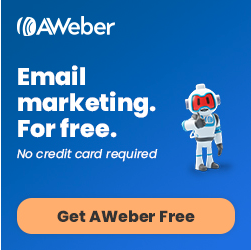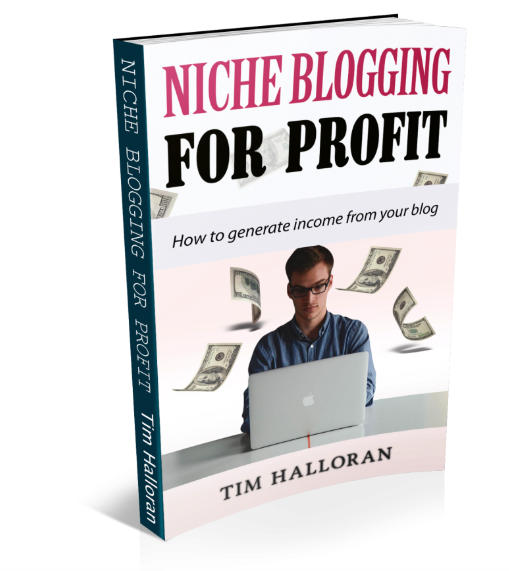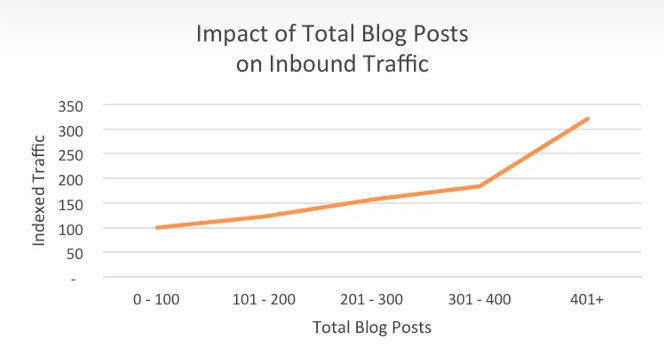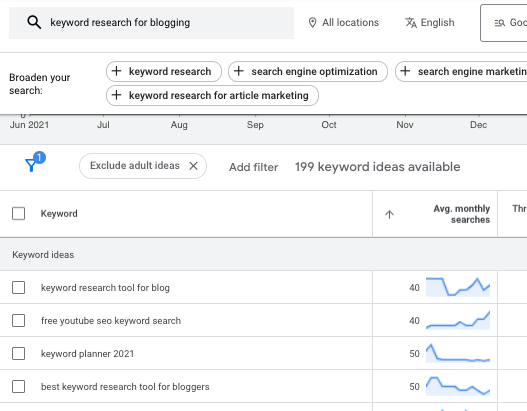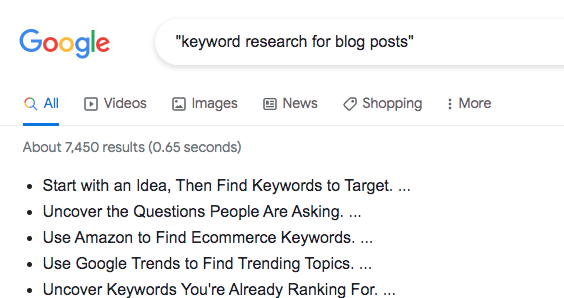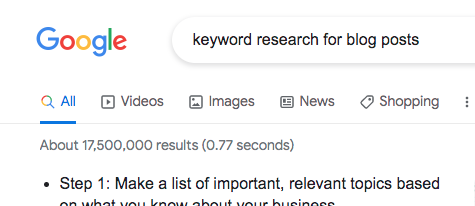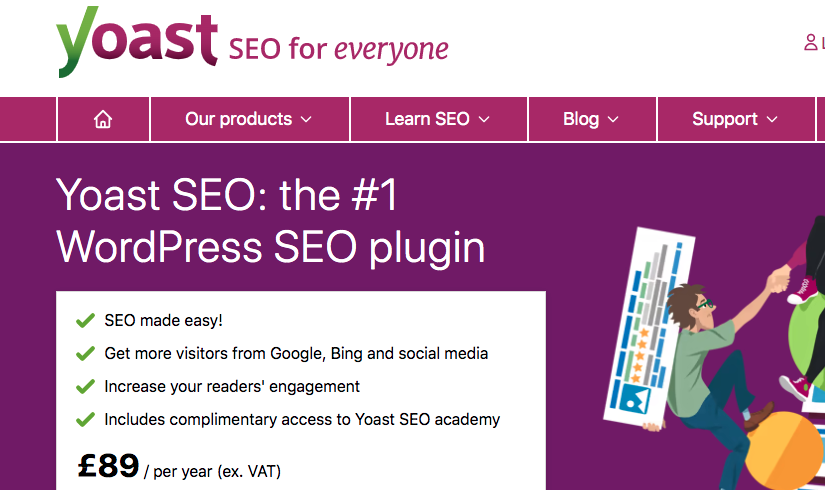Looking for high ticket affiliate programs for beginners? High ticket programs are good for beginners for a few main reasons:
- They allow you to use paid marketing techniques which are faster, easier and more scalable.
- One high ticket sale can cover your advertising costs and bring in profit more quickly than through selling many smaller valued items.
- Buying a high ticket course will make it easier with ready made sales funnels and more personal help and support
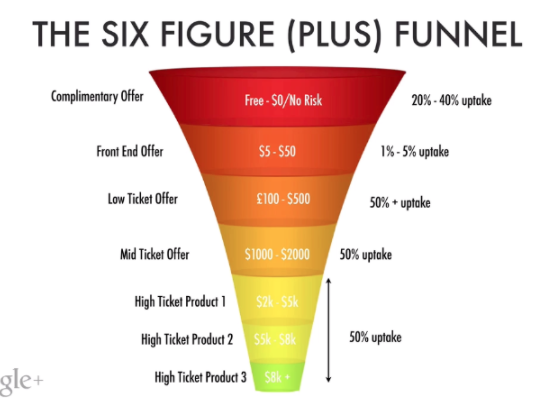
High Ticket Affiliate Programs For Beginners
So what exactly is a high ticket affiliate program? High ticket programs offer more help and support, ready made sales systems and pre-written email marketing campaigns. They basically take the hard work out of being an affiliate.

With much of the “nuts and bolts” of an automated sales system done for you, you can focus on the main thing an affiliate marketing should focus on: marketing. When you’re learning every facet of affiliate marketing it can be easy to get lost in all the details. Building websites, setting up email marketing campaigns, running ads etc. But a high ticket affiliate program offers the ability to get going much more quickly because all you need to focus on once you’re set up is marketing.
This is why high ticket affiliate programs are particularly good for beginners. As a beginner affiliate marketer, there’s many mistakes you can make:
- Being a “busy fool” – spending time on activities which don’t produce an income
- Shiny object syndrome – jumping from course to course looking for the “easier” option, which doesn’t exist!
- Getting caught up in learning mode – spending all your time watching videos and learning rather than implementing
High Ticket Affiliate Programs For Beginners

Access a free webinar and access a high ticket business system you can use to succeed online here.
What other benefits does a high ticket business system offer affiliates? A high ticket business system offers you multiple ways to earn:
- An entry level product – typically valued at a low cost $100-$200
- A higher level offer – $1000-$5000
- Subscription products – earn recurring commissions from memberships and subscriptions
With these kinds of products in your sales system, you can potentially earn much more than you can from a standard affiliate product. On average a typical sales funnel will pay out $1 per month per subscriber. But with a high ticket sales funnel you can earn around $5 per subscriber per month instead because of the product range.
Subscription Products
With a high ticket product range, you’ll also get subscription products within your funnel. Subscription affiliate products are good for affiliate marketers because you can earn ongoing commissions from each sale you make. So it’s much easier to start earning a stable income.
Subscription products are particularly useful for affiliates themselves in order to build online business. If you promote valuable business tools as subscription products, your customers are much more likely to maintain memberships for life. This means each sale can earn you a recurring income, potentially for the lifetime of each customer.
Start here to access a high ticket affiliate sales system which includes subscription and high ticket commissions, personal training and business tools.
